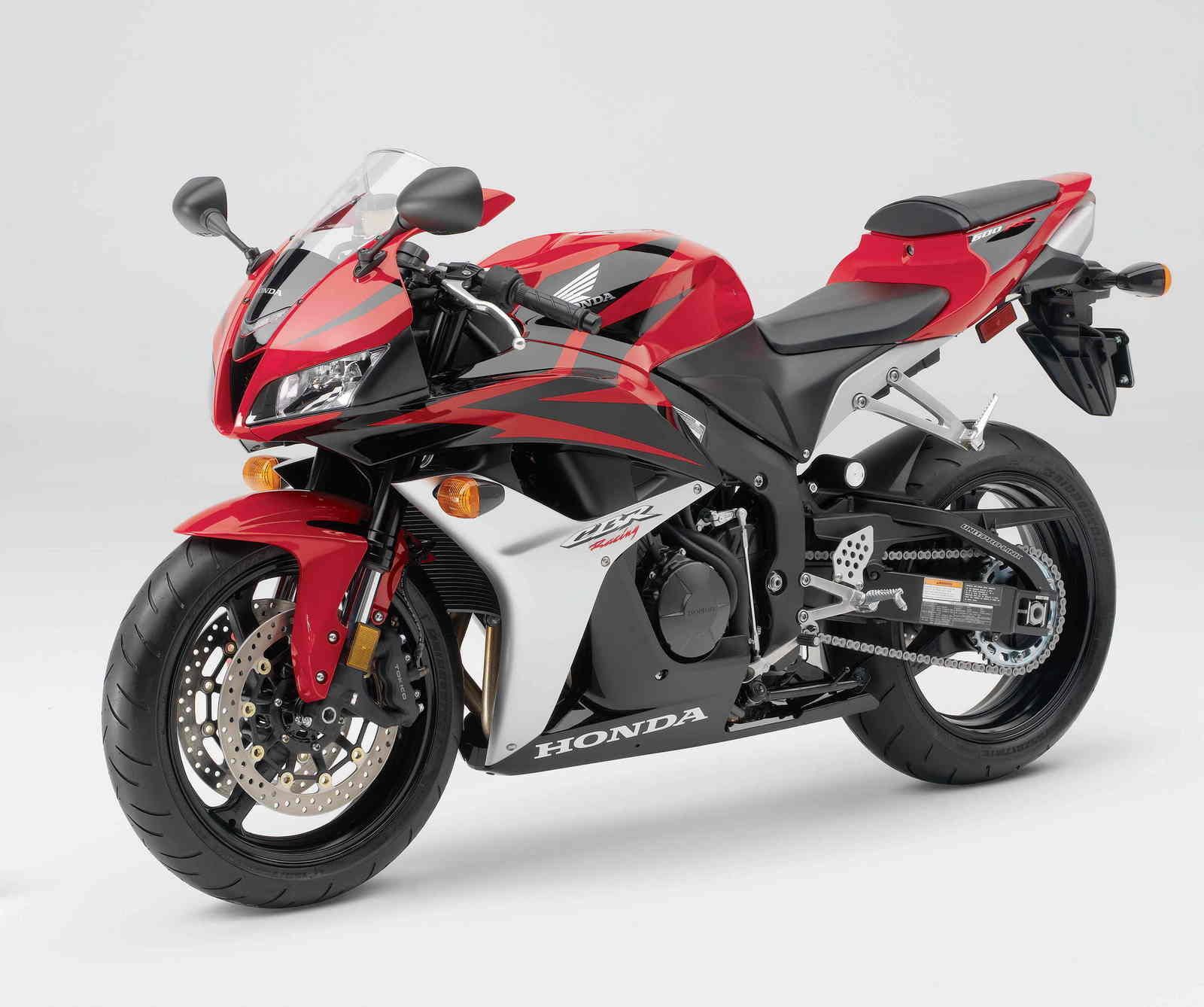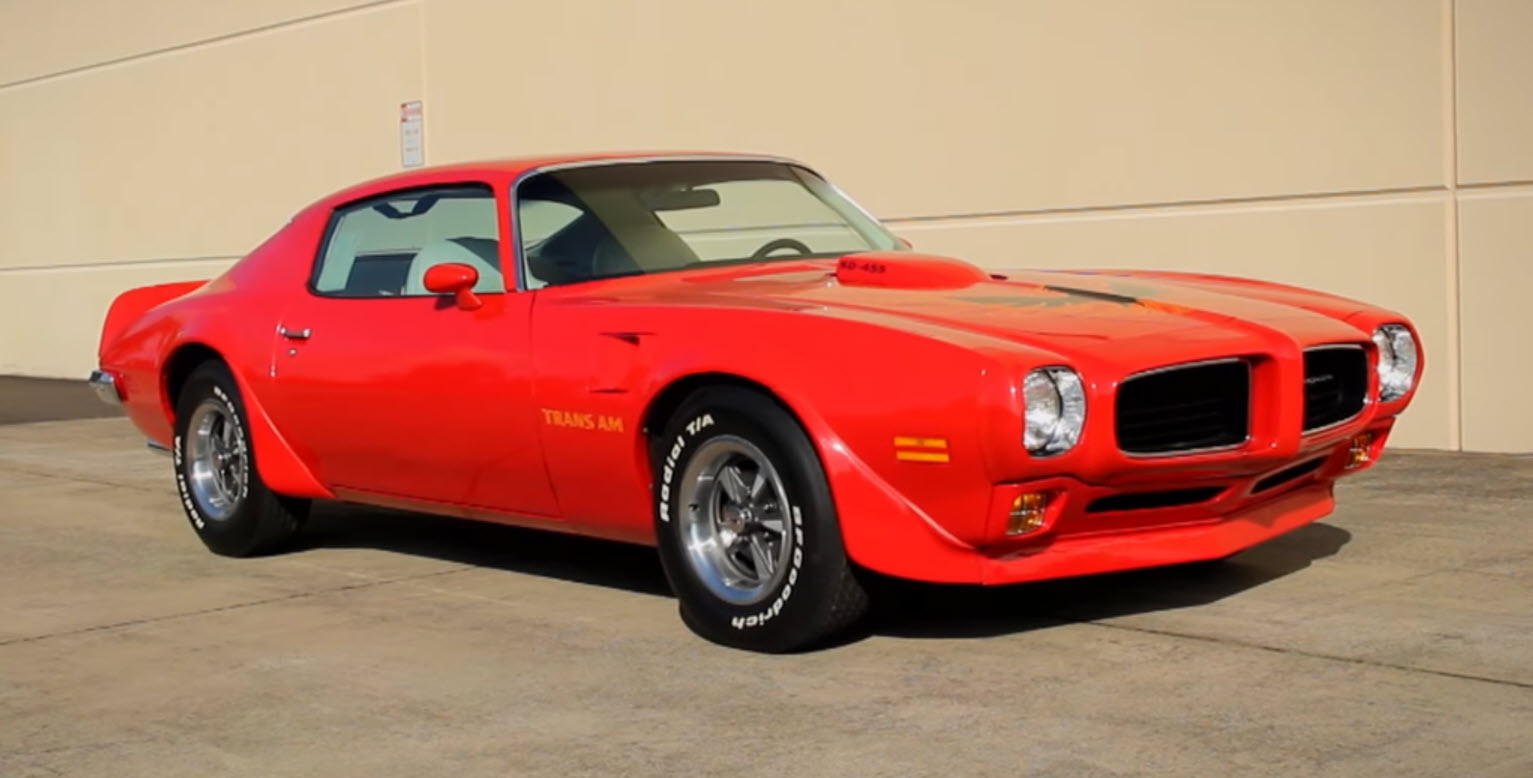I did not expect that. Thank you for digging that up.The R-1820-80 has the same limit of 54.5” x 2800 RPM using either 100/130 or 115/145
DC3 crash in Alaska, video in link
-
David MacRay
- Posts: 774
- Joined: Thu Jan 16, 2020 3:16 am
Why?
Sure those big radials will run better on higher octane fuel, but they were designed and built back when the manufacturer cared enough to plan for real life.
Instead of making things difficult or impossible to repair so you have to get it serviced by them.
They knew, they needed to make it run on whatever mogas was available, incase someone needed to fuel it up in who knows where to get home.
Even if tractor fuel from most of the world in 1935 might have been better than modern 100LL from some places today.
Much like to me… It sounds like the plane was not over weight until it lost one on climb out. Too bad they didn’t have a ferry permit. They could have just flown where ever they were planning to go on that flight.
Sure those big radials will run better on higher octane fuel, but they were designed and built back when the manufacturer cared enough to plan for real life.
Instead of making things difficult or impossible to repair so you have to get it serviced by them.
They knew, they needed to make it run on whatever mogas was available, incase someone needed to fuel it up in who knows where to get home.
Even if tractor fuel from most of the world in 1935 might have been better than modern 100LL from some places today.
Much like to me… It sounds like the plane was not over weight until it lost one on climb out. Too bad they didn’t have a ferry permit. They could have just flown where ever they were planning to go on that flight.
- Colonel
- Posts: 2431
- Joined: Wed Jan 15, 2020 10:02 pm
- Location: Over The Runway
Er, nope. That's a urban legend. Running an engine on gasoline with a higherthose big radials will run better on higher octane fuel
octane rating than is required is a complete waste of money. Won't make
any power. And it will probably end up running far worse.
As an example, take over half the existing aircraft fleet, with ridiculously low
compression, that was certificated to run on 80/87. That's not available
any more, so people run 100LL which is very expensive, and it's lead causes
all sorts of maintenance problems with lead fouling.
Uh, no. Do you know who Jimmy Doolittle was? He worked very hard beforetractor fuel from most of the world in 1935 might have been better than modern 100LL
WWII to develop high octane fuels. If you tried to run tractor gas from 1935
in the one third of the existing aircraft fleet (with higher compression, turbo
chargers and superchargers) which was certificated for 100/130 you would
certainly detonate and destroy your engines on the first takeoff, and then crash.
Octane, BMEP and detonation is not exactly unique to the aviation world. I'm
a bit surprised, Dave. Any car, motorcycle or boat with an internal combustion
engine is going to be governed by the same basic physics and chemistry.
As God as my witness, I thought turkeys could fly.
-
David MacRay
- Posts: 774
- Joined: Thu Jan 16, 2020 3:16 am
Well, I didn’t say it would make more power. Maybe it’s the placebo effect when people claim things like, their lawnmower runs better on premium.
I agree with you, I never noticed it.
In fact I never noticed a power change in my cars, but when it got hot out I sure noticed the run on and detonation. It didn’t destroy the engine yet, So far the lack of lead has not killed the valve seats.
I must be lucky.
Now days, I typically just cough up the extra bucks and run the higher octane stuff. The valve seats are on their own.
I agree with you, I never noticed it.
In fact I never noticed a power change in my cars, but when it got hot out I sure noticed the run on and detonation. It didn’t destroy the engine yet, So far the lack of lead has not killed the valve seats.
I must be lucky.
Now days, I typically just cough up the extra bucks and run the higher octane stuff. The valve seats are on their own.
-
vanNostrum
- Posts: 137
- Joined: Thu Jan 16, 2020 4:08 am
Boosting an engine increases the effective compression ratio
55" of boost will almost double the CR hence the need for higher octane fuel
55" of boost will almost double the CR hence the need for higher octane fuel
There are only 3 kind of people in this world
Those that can add and those that can't
Those that can add and those that can't
-
David MacRay
- Posts: 774
- Joined: Thu Jan 16, 2020 3:16 am
Well 13.6:1 is undoubtedly high compression. One would expect detonation unless the cylinder shape prevents it.
These discussions are great. I enjoy learning.
Are there many recorded occurrences of DC-3s losing one or both engines due to detonation before Jimmy Doolittle straightened out the fuel issue?
Or are they like my parents Custom 500 with a 390? That baby rattled and knocked for over 300,000 miles, a bit longer than two decades. My dad used to put it in drive to stall it after turning off the key.
What a terrific engine, I rebuilt it and put it in my F-250 that was ten years newer.
One nice thing about mixture idle cut off. No run on. Hot starts are still going to be a bugger.
These discussions are great. I enjoy learning.
Are there many recorded occurrences of DC-3s losing one or both engines due to detonation before Jimmy Doolittle straightened out the fuel issue?
Or are they like my parents Custom 500 with a 390? That baby rattled and knocked for over 300,000 miles, a bit longer than two decades. My dad used to put it in drive to stall it after turning off the key.
What a terrific engine, I rebuilt it and put it in my F-250 that was ten years newer.
One nice thing about mixture idle cut off. No run on. Hot starts are still going to be a bugger.
- Colonel
- Posts: 2431
- Joined: Wed Jan 15, 2020 10:02 pm
- Location: Over The Runway
I don't really know why (conductivity?) but you can run higher compression with aluminum heads, than iron ones.expect detonation unless the cylinder shape prevents it.
My Honda CBR600RR has ridiculous compression on pump gas: 12.2 to one
(one DOHC aluminum cylinder head).

um, you've quietly changed the topic from detonation to pre-ignition, which is causedMy dad used to put it in drive to stall it after turning off the key.
by hot spots lighting off the charge before the spark plug fires (if it ever does).
Detonation and pre-ignition are very different. It probably doesn't help to confuse
the two.
Right. It's all about the BMEP in the cylinder.Boosting an engine increases the effective compression ratio
https://en.wikipedia.org/wiki/Mean_effective_pressure
You can increase it with static compression ratio, by positive displacement
(above ambient MP by pumping air into the engine with a supercharger or
turbocharger) or with nitrous, which is magical. It releases oxygen when
it burns, which I find extremely interesting, even if other people don't:
https://en.wikipedia.org/wiki/Ammonium_nitrate
https://en.wikipedia.org/wiki/2020_Beirut_explosion
If that isn't crazy enough for you, my wife's car (I don't own a car) has a 10:1
compression with a factory supercharger (with two aluminum DOHC cylinders
heads). Bizarre by my old school ideas, but I can't argue with the results:

I think it's faster in the 0-60 and quarter mile than a SD-455 Trans Am,
which is one of my favorite cars of all time. Herb Adams did such a
fantastic job on it, GM fired him for making it.

We live in hilly country with short on-ramps, so a speedy car is a necessity.
As God as my witness, I thought turkeys could fly.
-
vanNostrum
- Posts: 137
- Joined: Thu Jan 16, 2020 4:08 am
Older engines with carburetors will handle boost better than fuel injected
with similar CR as the evaporation of gasoline cools the intake air .
Another factor is the effectiveness of the intercooler to lower the temperature
of the air coming out the blower
with similar CR as the evaporation of gasoline cools the intake air .
Another factor is the effectiveness of the intercooler to lower the temperature
of the air coming out the blower
There are only 3 kind of people in this world
Those that can add and those that can't
Those that can add and those that can't
-
David MacRay
- Posts: 774
- Joined: Thu Jan 16, 2020 3:16 am
I didn’t change the subject from detonation to pre-ignition/run on. I know they are different things but they are both reduced or eliminated with higher octane which causes the gasoline to burn slower and more completely.
I was just mentioning the pre-ignition because everyone notices that even if they had no idea there was probably detonation before they tried to shut the engine down.
I was just mentioning the pre-ignition because everyone notices that even if they had no idea there was probably detonation before they tried to shut the engine down.
- Colonel
- Posts: 2431
- Joined: Wed Jan 15, 2020 10:02 pm
- Location: Over The Runway
pre-ignition is caused by hot spots - often carbon deposits, which Ithey are both reduced or eliminated with higher octane
don't think we can blame on the octane of the fuel.
Carbon deposits are generally the result of how the engine was operated.
I'm not sure if you're putting me on or not, but ok.
As God as my witness, I thought turkeys could fly.
-
- Similar Topics
- Replies
- Views
- Last post
-
- 1 Replies
- 2742 Views
-
Last post by Scudrunner
-
- 0 Replies
- 1267 Views
-
Last post by Scudrunner
-
- 6 Replies
- 4062 Views
-
Last post by Scudrunner
